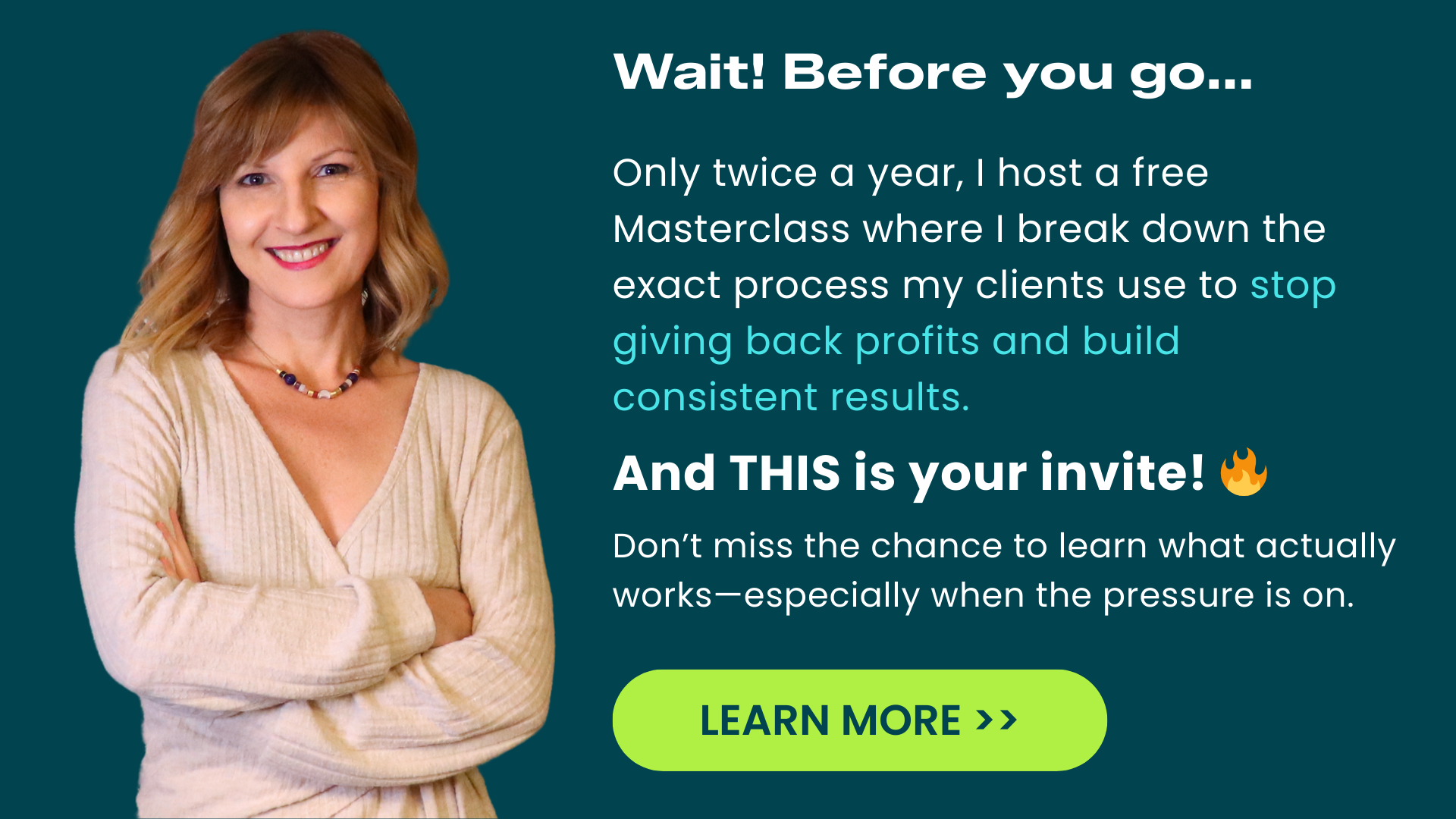Emotional Capital: How Top Traders Stay Sharp While Others Burn Out
Jun 06, 2025
Reading Time: 3 min
Most traders focus on managing their money.
But the best ones? They manage something even more important—their emotional capital.
In my last post, I introduced this idea: emotional capital is the inner fuel that powers your decisions, your discipline, and your edge. When it runs low, everything starts to slip—patience, clarity, confidence. That’s when even experienced traders begin to spiral.
If you haven’t read it yet, you can check it out here.
But understanding the cost of running low is just the beginning.
Because the real game-changer is what happens when you learn to protect it.
That’s what this post is about:
How top traders stay sharp while others burn out.
They don’t just avoid emotional withdrawals.
They make consistent deposits.
Let’s look at how.
What Top Traders Do Differently
Top traders experience doubt, stress, and frustration—just like everyone else.
But the difference is, they’ve learned (often the hard way) that emotional capital must be treated like financial capital:
A limited resource to be protected, replenished, and managed with intention.
To make that possible, they follow a few simple rules:
-
They protect energy like capital.
-
They follow structured routines.
-
They step away when they feel off—not after they blow up.
-
They don’t “grind”—they prepare, execute, and detach.
-
They create boundaries between trading and life.
-
They respect rest as a performance strategy.
-
They plan mental recovery into their routine.
It’s not about doing more—it’s about doing what keeps them sharp.
And they make those choices every single day.
So what does that look like in practice?
Let’s break it down.
How to better manage your emotional capital
Top traders use emotional capital to trade—but they also replenish it intentionally so they don’t run dry.
They don’t wait until they’re burned out to reset. They build recovery into the day.
And while every trader is different, here are the things that work for most of my clients:
🔺 Checking in with yourself before trading
Take a moment to pause and ask: “How am I showing up today?”
Recognizing your emotional state before the session starts helps you trade with awareness—not autopilot.
🔺 Pausing—not pushing
When tension builds or clarity fades, stepping away can save more than just your current trade.
Top traders know: protecting your energy is more valuable than forcing a setup.
🔺 Recovering daily
Just because the trading day is over doesn’t mean your mind instantly switches off.
Take 10 intentional minutes to breathe, reflect, or journal.
It helps you let go of the session, reset your energy, and transition out of “trading mode” with clarity.
🔺 Moving your body
Whether it’s a short walk, stretching, or a few deep breaths—movement gets you out of your head and back into your body.
It clears emotional buildup and brings a fresh perspective to your next decision.
🔺 Eating real meals
Food isn’t fuel if it’s just coffee and sugar.
Your brain needs proper nutrition to stay focused and emotionally stable during long sessions.
🔺 Sleeping well
No strategy works when your brain is running on 60%.
Deep, consistent sleep restores your mental clarity, emotional regulation, and decision-making ability.
🔺 Less screen time
More charts don’t always mean more insight.
Sometimes, the sharpest thinking happens when you step away from the noise and give your mind space to process.
Where Are You on the Curve?
This list isn’t meant to overwhelm you—it’s here to help you reflect. Maybe you’re already doing a few of these. Maybe you’re doing none. That’s okay.
So now, take a moment and ask yourself:
-
Do I have anything in place that helps me reset?
-
When was the last time I truly unplugged after a trading session?
-
Am I more reactive when I’m tired, hungry, or overloaded?
-
What small shift could I make this week to protect my energy?
You don’t need to change everything overnight.
But you do need to start treating your emotional capital like the top traders do—
With respect. With care. With intention.
Because every small deposit builds a reserve. Every boundary builds self-trust.
And every time you choose to reset instead of push, you reinforce the habits of a high performer.





